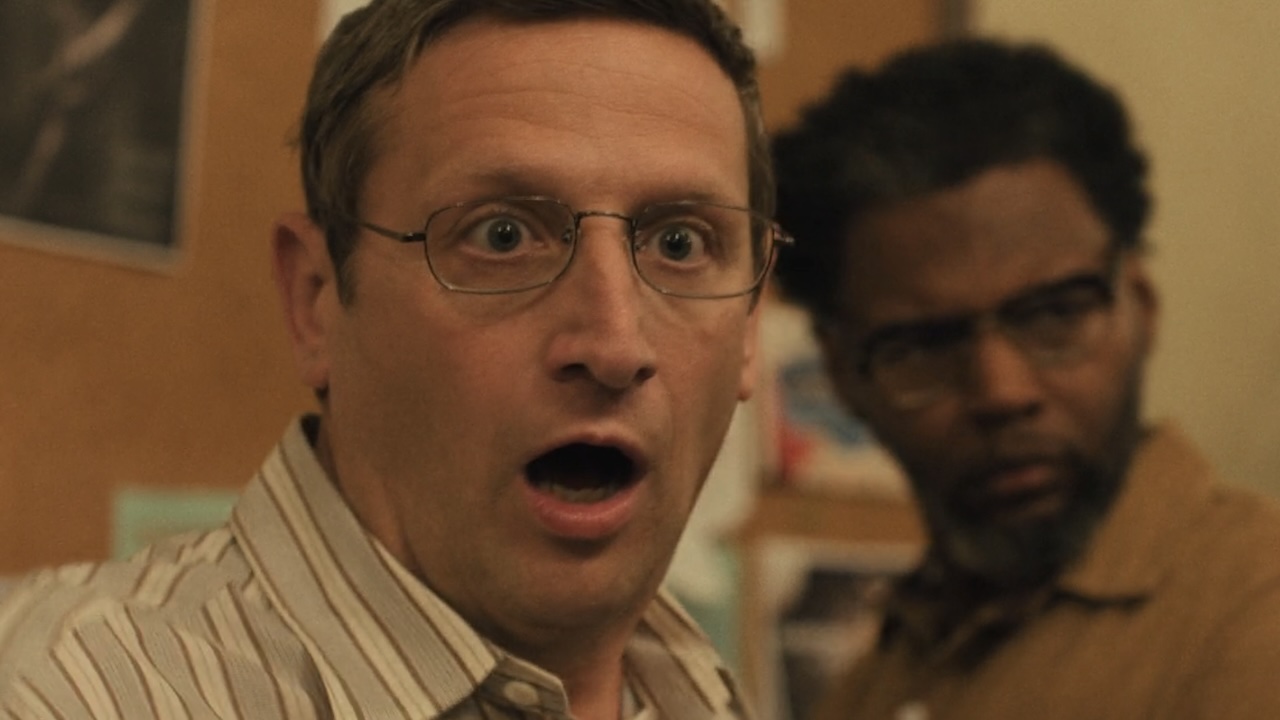8 Big Differences Between Water For Elephants Book And Movie
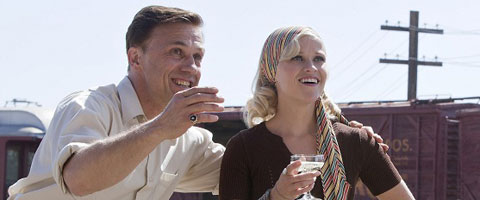
Sometimes art, whether it is music, writing, or a poignant movie, is just too needlessly complicated. If there’s too much going on—too many instruments, too many color patterns, too many characters to keep track of—a movie, or album, or painting, or novel might suffer from the excess of “too.” We’ve probably all seen a movie and wished it were 40 minutes shorter or read a book and thought, damn, this really could have been condensed and lost nothing. Sara Gruen’s Water for Elephants is one of those books, but Richard LaGravenese’s screenplay does not suffer from the same overindulgence.
Because of this, Water For Elephants is one of those few magical times when a movie is better than the book it is based on, when all the little details that generally engender people to love a book are stripped away in order to make a better product. We may lose some characters and some turns-of-phrase we loved while reading; but as a result of the streamlining, we get a story that encourages us to better believe in its characters and a plot that makes a whole lot more sense. With this said, LaGravenese and director Francis Lawrence really worked to stay true to the core of Gruen’s ideas, even if they tweaked some things. Michael Mann could learn from their abridging.
Here are the ten biggest changes I noticed in my screening. As always, watch for SPOILERS and feel free to talk about anything you also noticed in the comments.

We get to jump almost straight into our story. There is no lead-in to the stamped disaster in the very beginning, and no useless exploration of the ‘horrors’ of nursing homes. Instead, Water For Elephants begins more seamlessly, at a modern-day circus with a nice old man just wanting a break from the rain. He is brought to the trailer to meet the circus’ owner and it is there our narrative begins.
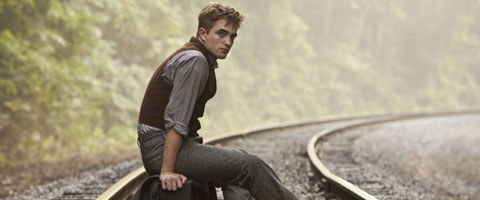
Jacob Jankowski is living at home when his parent’s accident occurs. Because of this, we get a realer sense of his loss, and also his Polish heritage. Since this Polish heritage becomes important to Jacob’s relationship with Rosie, it’s an easy way to bring the importance of language to the forefront early on.
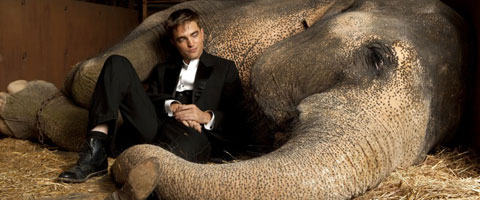
Jacob has secrets from day 1 on the circus. Instead of leveling that he didn’t write his veterinary examinations almost immediately, Jacob keeps quiet and pretends he is a vet. His secret doesn’t come out until later in the movie, and his loose morals make it more believable when he considers murdering August later on.
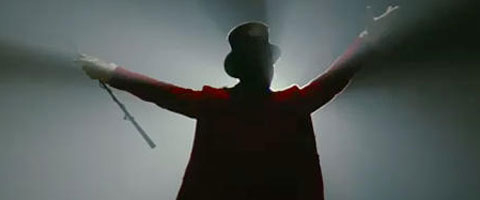
There’s only room for one villain. With no Uncle Al to bloviate, Christoph Waltz’s August gets to play owner, ringleader, and villain alike. I actually like Uncle Al and sort of missed him in this version, but he’s definitely the less important of the pair, and forgetting him cuts out detracting side plots.
Your Daily Blend of Entertainment News
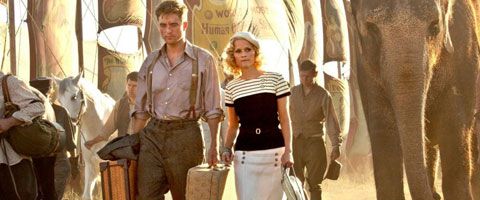
We never learn we can’t carry water for elephants. An easy-to-miss joke at the beginning sort of mentions carrying water to elephants as improbable, but Rosie never knocks back a ton of lemonade, and it is never explained how much elephants actually drink. A more apt title for the film might be Dancing With The Ringleader’s Wife.
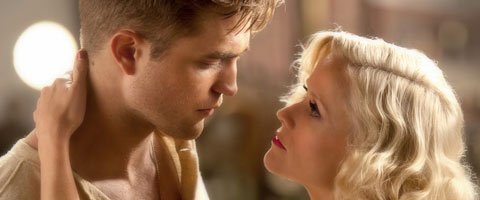
Marlena and Jacob don’t return to the circus by choice. Marlena is kidnapped after she and Jacob run away, and she begins performing again because she’s scared. When Jacob makes it back to the circus, the stampede occurs, otherwise who knows what his plan of rescue might have been. Still, a kidnapping makes more sense than returning to circus life for the sake of friends.
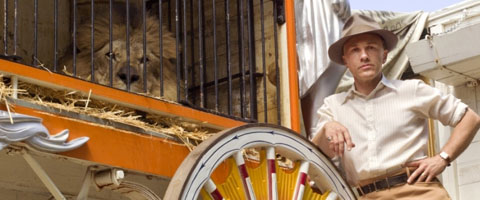
August actually tries to kill Marlena. August’s viciousness toward everyone, including Jacob, Marlena, and Rosie the elephant, is apparent. Since he had already beat the living hell out of Rosie, he probably didn’t need to hurt Marlena to turn Rosie to violence. However, it does make for a more exciting climax.
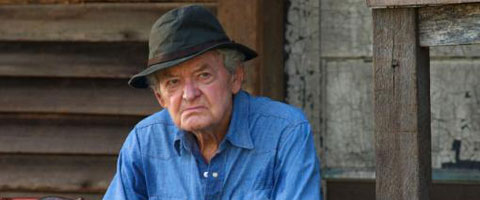
Jacob Jankowski is not a sad old man hoping for a kind break. He is a fulfilled old man who has lived a full life and is ready to return to the place where he is most comfortable. Jacob Jankowski is not losing his mind and is not to be pitied. He’s so much more likeable than his literature counterpart, and this makes all the difference in the world.
